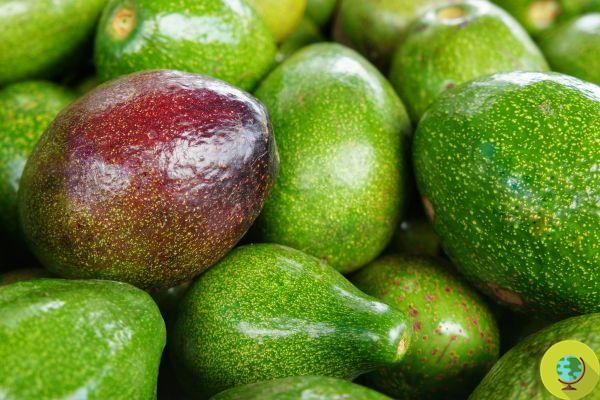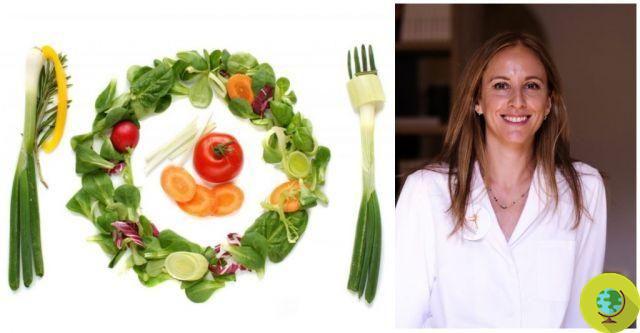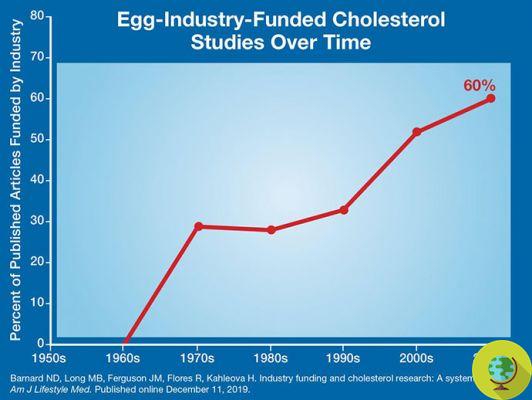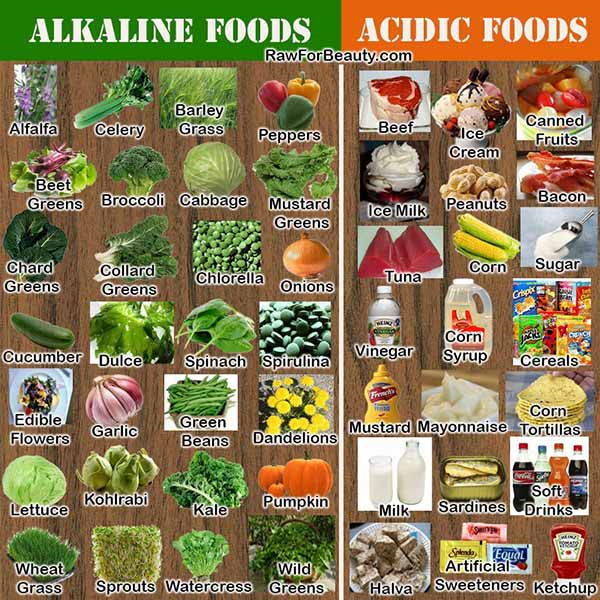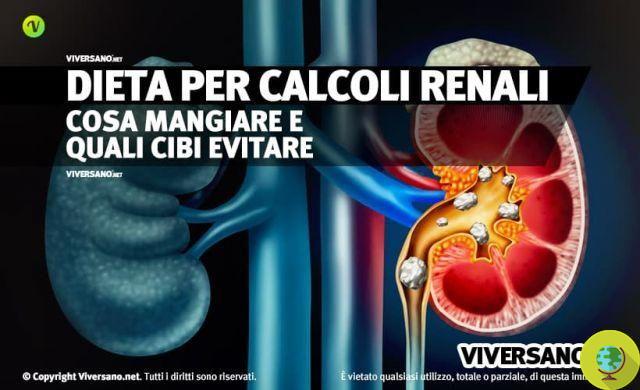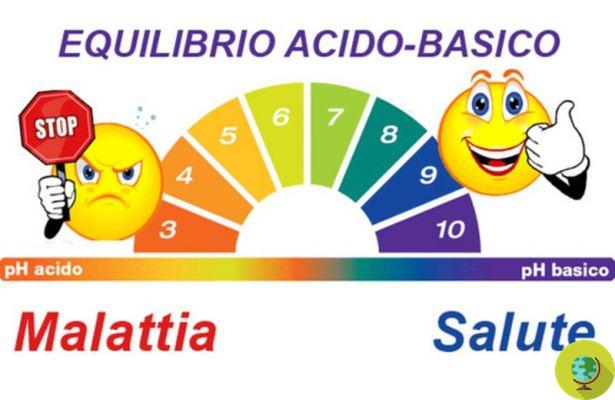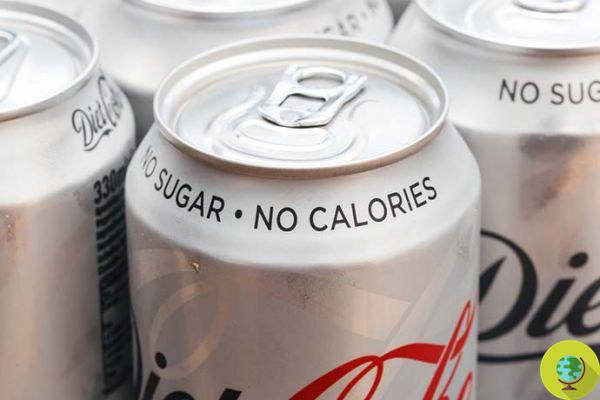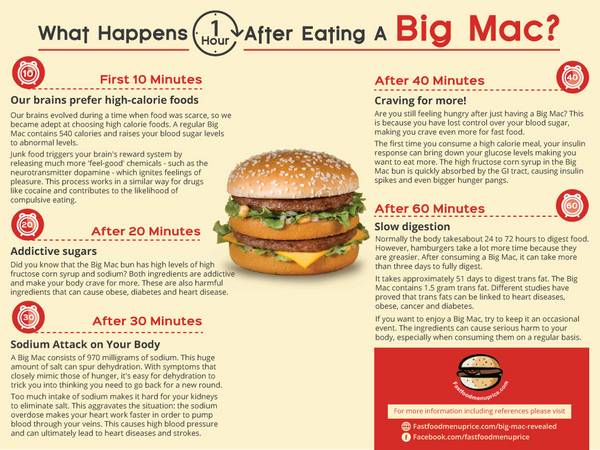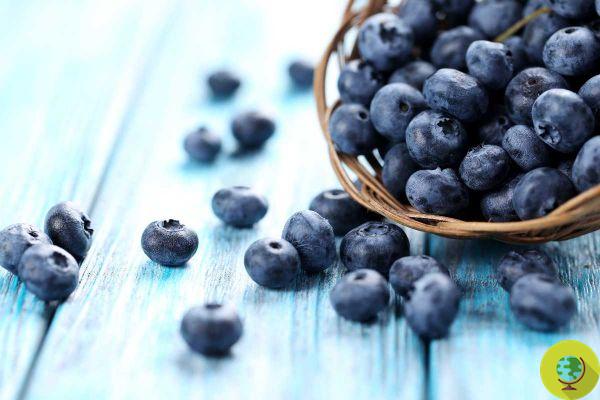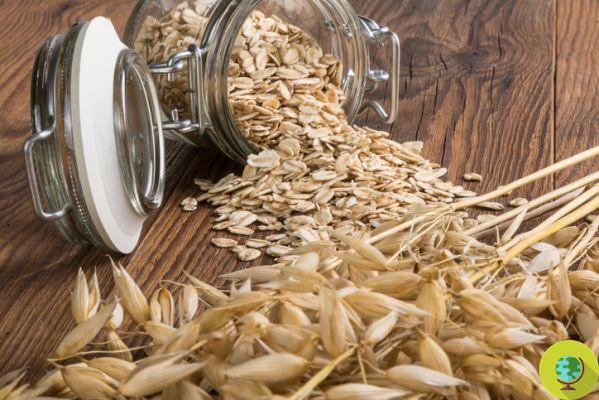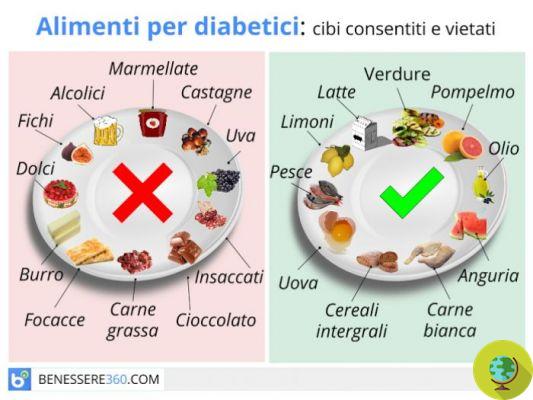
Many people buy vegetable yogurts as they are lighter and healthier. But is it really so? We asked the nutritionist Pettirossi
Don't store avocado like this: it's dangerousVegetable yoghurt, milk-free variants suitable for those allergic to lactose or vegans, have long been popular in organic food stores but also in traditional supermarkets. But are they really lighter and healthier than traditional ones? We asked "our" nutritionist.
In the refrigerated counter there are several proposals of vegetable yoghurt based on soy, rice, coconut, oats, almonds or other ingredients that are used instead of milk to make them. Many people choose them as they consider them lighter and healthier. But is it really so?
We asked the nutritionist Flavio Pettirossi for help to get to know these products more closely. First of all we wanted to understand if they are really less rich in fats than traditional ones.
Vegetable yoghurts they certainly contain less fat than those made with cow and goat milk and are rich in vegetable proteins and fibers, the latter excellent for the well-being of our intestinal flora. They are certainly very useful products for the diet as they are also low in calories when compared with milk-based products but at the same time they are poor in two important nutrients that is calcium and vitamin D, even if lately yogurt with calcium and vitamin fortifications are more and more popular.
And what about sugars?
When purchasing it is very important to pay attention to the possible presence of sugars (glucose syrup, sucrose, etc.) which are often used to make the product more pleasant. If the yogurt is fruit-based, you need to pay even more attention because these products are often made with a meager amount of fruit and are instead enriched with thickeners and fruit syrups. We also pay attention to avoid yogurt in which dyes, flavors, preservatives and fat content have been added.
What types of fats should we pay attention to?
Often, to make the product more homogeneous and dense, saturated vegetable fats are added such as palmitic acid which is obtained from palm oil and which leads to an increase in bad cholesterol (LDL) in the blood.
What can you tell us about soy yogurt, undoubtedly the easiest to find and the most purchased?
On this yogurt it must be said that compared to other vegetables, soy contains all the essential amino acids, which is very rare; soy fats are high in polyunsaturated content, in particular the essential omega 3 and omega6, so there is an advantage on the lipid profile for those who take them, to decrease cardiovascular risk, increasing what is defined as' cholesterol good'.
How to choose vegetable yogurts
As always, we pay close attention to the labels, choosing vegetable yogurts with:
- low sugar intake (less than 6 grams of sugar per 100 grams)
- low in saturated fat and without palmitic acid
- good percentage of fruit (we can always add it fresh)
- list of ingredients as short as possible
Follow your Telegram | Instagram | Facebook | TikTok | Youtube
Read also:
- Vegetable yogurt, you find traces of glyphosate and too many additives. Provamel and Lidl the best of the new test




